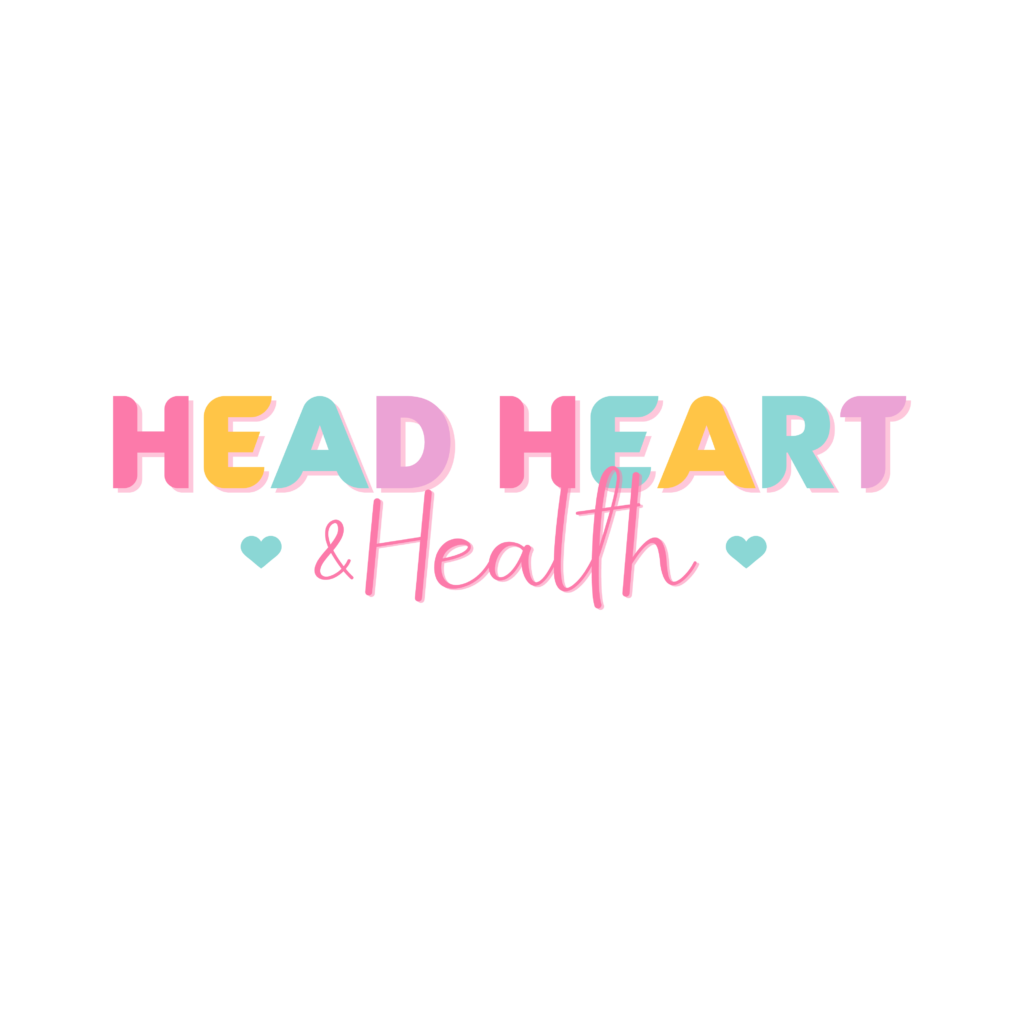Hair Fall Stress And Anxiety
“You are braver than you believe, stronger than you seem, and smarter than you think.” – A.A. Milne
Hair fall can be a distressing experience for many individuals, often leading to feelings of stress and anxiety. The relationship between our mental health and hair loss is a complex one, as these emotional states can contribute significantly to the deterioration of hair quality and volume. Understanding this connection is essential for addressing both hair fall and the mental impacts it causes. In this article, we’ll explore how stress and anxiety can contribute to hair loss and discuss practical approaches to mitigate these issues.
The emotional toll of experiencing hair loss can exacerbate feelings of low self-esteem and confidence. Many individuals may find themselves more anxious, fearing that their appearance is becoming less appealing due to thinning hair. This heightened anxiety can create a vicious cycle, leading to further hair fall and more profound psychological stress. Therefore, recognizing the triggers of this anxiety and managing stress effectively is crucial for both mental well-being and hair health.
The Link Between Stress and Hair Loss
Stress can trigger various hair loss conditions, such as telogen effluvium, where hair follicles enter the resting phase prematurely, leading to noticeable hair shedding. Understanding the stages of hair growth can help individuals recognize when stress is taking a toll on their locks. Recognizing that stress-induced hair fall is usually temporary can help ease anxiety. However, managing stress effectively is essential for long-term hair health.
Activities such as mindfulness, exercise, and yoga can help mitigate stress and its effects on hair. These activities enhance relaxation and improve overall physical health, creating a positive feedback loop for hair growth. Additionally, creating a balanced lifestyle, including a proper diet and adequate sleep, can help in managing stress and anxiety, thus promoting healthier hair.
Effective Stress Management Techniques
When dealing with hair fall, it is vital to explore stress management techniques that work for you. Regular physical exercise is one of the most effective ways to relieve stress. Exercise increases the release of endorphins, chemicals in your brain that act as natural painkillers and mood elevators, leading to an overall sense of well-being.
Mindfulness practices like meditation and deep breathing exercises can also significantly reduce anxiety. These practices bring awareness to your thoughts and feelings, allowing you to address them without judgment. Journaling is another great tool; writing down your worries can help clear your mind and provide perspective on what truly matters, aiding your emotional health.
Additionally, engaging in hobbies and activities you enjoy can provide a valuable distraction from stressors. Whether it’s gardening, painting, or playing music, these creative outlets can give you a sense of accomplishment and fulfillment.
Diet and Its Role in Hair Health
Your diet plays a critical role in managing hair health and can impact stress levels. Nutrient-rich foods, such as those high in vitamins and minerals like zinc, iron, and B-vitamins, have been associated with healthier hair. Foods like leafy greens, nuts, seeds, and lean proteins should be staples in your diet.
Furthermore, hydration is crucial; drinking sufficient water can help keep your scalp and hair moisturized, promoting healthy growth. Avoiding excessive caffeine and sugar is also essential, as these can aggravate anxiety levels, creating a cycle of stress that leads to hair fall.
Putting all of this together, maintaining a balanced diet can effectively support both your mental health and hair health. Engaging in healthy eating habits can create a positive mind-body connection that may mitigate hair loss due to stress.
In conclusion, examining the interplay between hair fall, stress, and anxiety is crucial to effectively tackle the issue. By recognizing that mental wellness plays a significant role in hair health, individuals can adopt proactive measures such as stress management techniques, a balanced diet, and overall lifestyle changes. Ultimately, prioritizing mental health can pave the way for healthier hair and a happier life.


